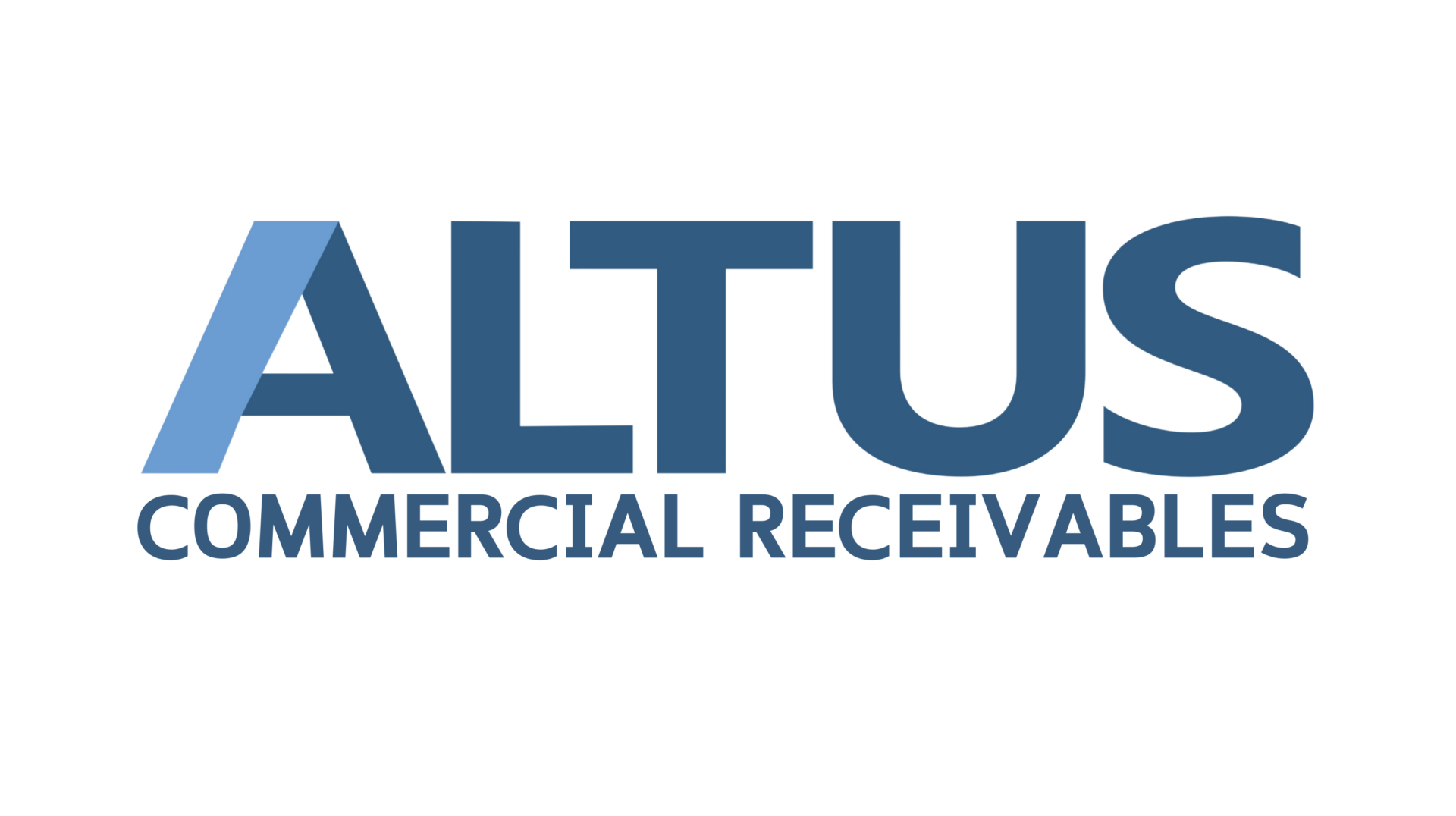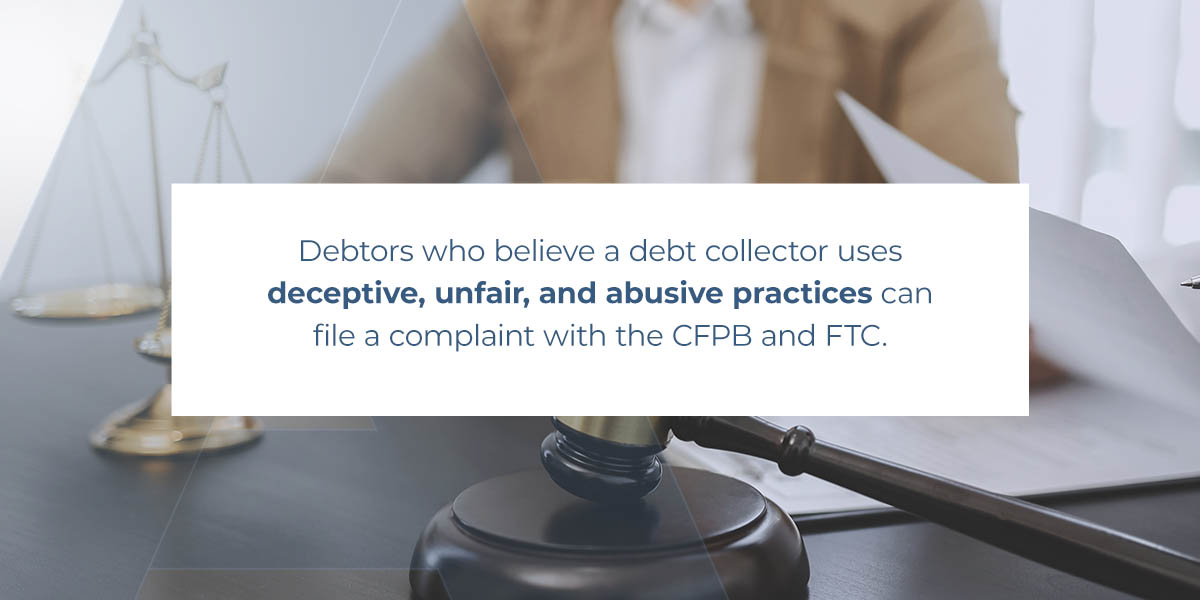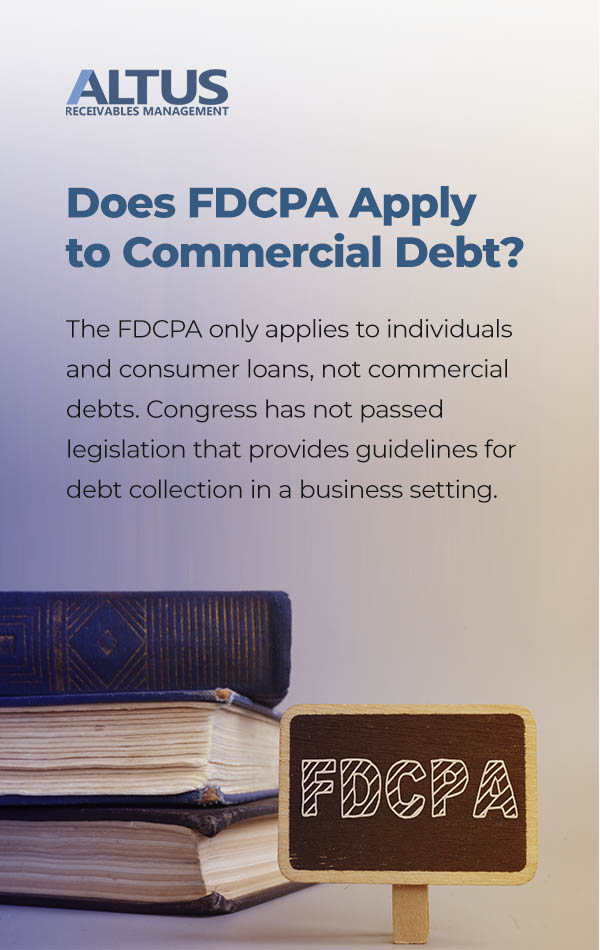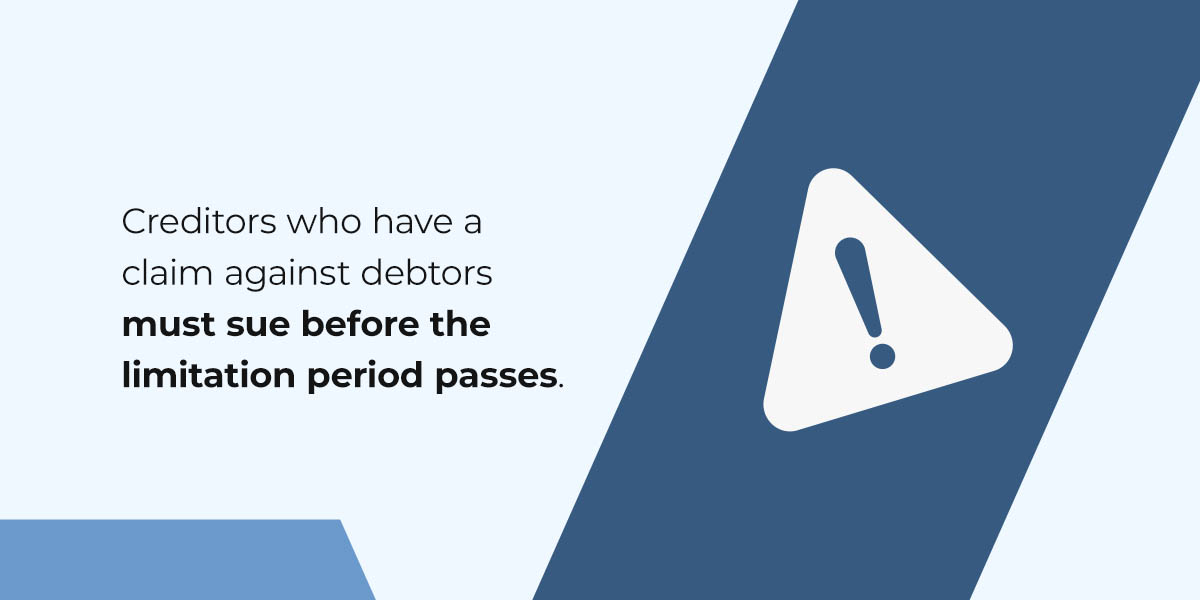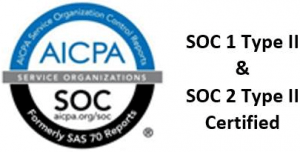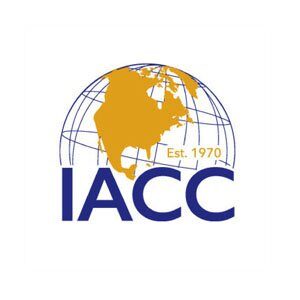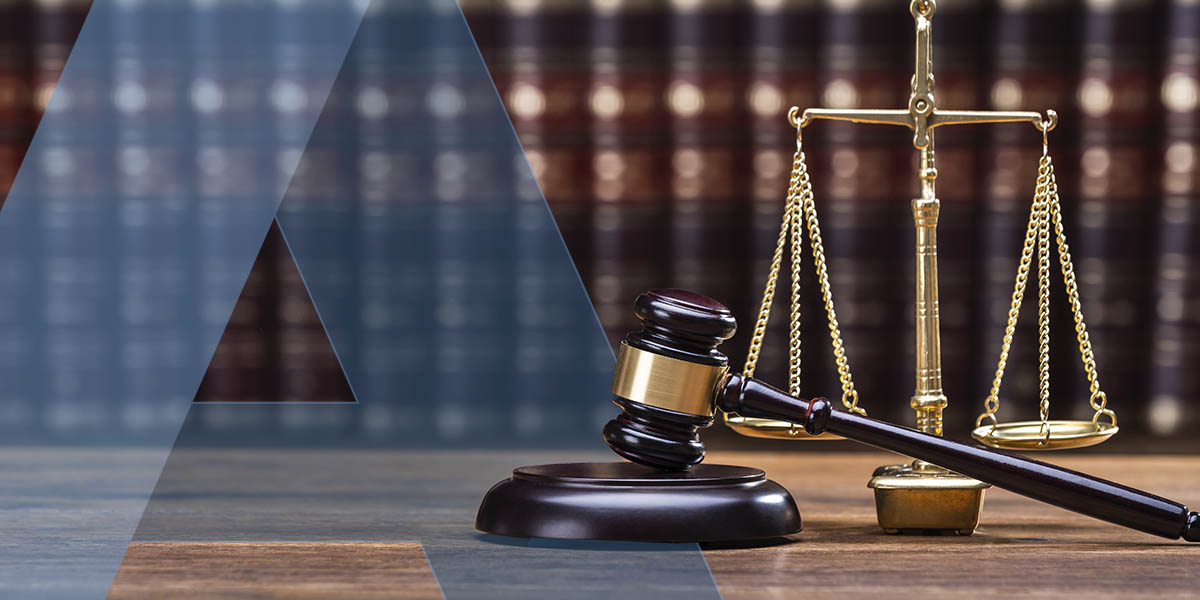
While federal law protects individuals who obtain consumer debts, businesses have limited safeguards regarding debt collection. Some states have corporate debt collection laws relating to licensing requirements and statutes of limitation. However, the core guidelines to collect commercial debts properly are found in the code of ethics that applies to certified members of renowned associations.
This guide discusses business debt collection laws in detail. You’ll learn about the limitations of federal laws and how commercial debt collection agencies work. We also dive into the code of ethics of some associations, membership requirements, and best practices to optimize your recovery efforts.
What Are Debt Collection Laws?
Debt collection laws are the body of rules that govern the process by which creditors or debt collection agencies recover debt. These laws ensure fair and ethical debt collection practices, protecting debtors from harassment and deception. There are federal and state laws that govern debt collection in general.
Federal Law
The primary federal debt collection law is the Fair Debt Collection Practices Act (FDCPA), which became effective in 1978. The primary aim is to prevent deceptive, abusive, and unfair debt-collection practices. In so doing, the law does the following:
- Defines the rights of consumers
- Provides guidelines for the conduct of debt collectors
- Prescribes penalties for violations.
The FDCPA applies to third-party debt collectors, debt buyers, collection agencies, and debt recovery attorneys. It doesn’t generally apply to original creditors. The law also applies to consumer debts, such as personal, family, and household loans. Commercial debts are excluded. Currently, there are no federal laws similar to the FDCPA regulating third-party commercial debt collections.
Debtors who believe a debt collector uses deceptive, unfair, and abusive practices can file a complaint with the Consumer Financial Protection Bureau (CFPB) and the Federal Trade Commission (FTC). Debtors can also report FDCPA violations to their state’s attorney general.
State Laws
States have various laws regulating debt collection, including the following:
- Statutes of limitations: Each state sets a time limit for creditors to sue to recover debt. These limitation periods vary by state and the type of debt involved.
- Permissible collection practices: Some states have laws regarding acceptable debt collection practices. These laws protect consumers against unfair and deceptive collection practices.
- Collection licensing requirements: Some states require debt collection agencies to obtain licenses before operating.
Prohibited Unfair Debt Collection Practices Under FDCPA
The FDCPA prohibits unfair, abusive, and deceptive practices, including the following:
- Calling consumers during unusual times, usually between 9 p.m. and 8 a.m.
- Calling consumers repeatedly, generally more than seven times in seven days.
- Calling consumers at unusual places, such as their place of work, if their employer prohibits such communication.
- Threatening to cause physical harm to consumers.
- Threatening to confiscate properties belonging to consumers.
- Threatening to institute legal proceedings without the right or intention to do so.
- Using offensive or provocative language.
- Misrepresenting or refusing to disclose their identity when communicating with consumers.
- Making false statements to recover debts.
- Releasing information about the consumer to the public to compel them to pay debts.
Does FDCPA Apply to Commercial Debt?
The FDCPA only applies to individuals and consumer loans, not commercial debts. Congress has not passed legislation that provides guidelines for debt collection in a business setting.
The FDCPA applies to debts incurred for personal, family, and household purposes. When a business incurs debt for a commercial purpose, the FDCPA does not apply. Therefore, it’s crucial to distinguish between consumer and commercial debts when considering the applicability of the FDCPA.
What Is Commercial Debt?
A commercial debt is a debt incurred by a business in the course of its normal operations. The business usually uses the debt to finance business activities, such as finance expansion, inventory purchase, equipment acquisition, or other operational needs. The parties execute a contract that details the terms and additional valuable information. The agreement states the principal amount, interest rate, and repayment schedule. It also stipulates the parties’ rights and responsibilities.
Failure to repay the loan entitles creditors to take enforcement action, which must follow federal and state laws. The same commercial debt collection laws apply to small businesses and large corporations.
How a Commercial Debt Collection Agency Works
Commercial debt collection agencies work on behalf of businesses to recover outstanding debt from other business owners. They have trained professionals who comply with the laws regarding debt collection laws and best practices. Some also leverage sophisticated technology to improve their recovery efforts.
The creditor assigns the debt to the collection agency, authorizing the latter to act on its behalf. This transaction attracts a fee, which could be a percentage of the amount recovered or a flat fee. After executing the contract, the collection agency contacts the debtor and sends a demand letter. They can offer payment negotiation options to settle the debt depending on the facts. Debt collectors develop practical solutions to recover debts.
The debt collection agency may pursue enforcement actions if the debtor fails to pay. For example, the agency may obtain court orders to attach properties belonging to the debtor to defray the debt. If the recovery is successful, the agency may retain the agreed-upon percentage of the amount recovered and transfer the rest to the creditor. Credit agencies provide regular updates to the creditors on the status of the collection process.
Complying with the debt collection laws is crucial to avoiding legal sanctions. It also improves the reputation of creditors and the debt collection agency.
What Is the Commercial Collection Agencies of America?
The Commercial Collection Agencies of America is an association for collection agencies that provides standards for the commercial collection industry. Members receive certifications and must adhere to a strict code of ethics. Additionally, they must meet rigorous requirements set by an independent standards board. Commercial Collection Agencies of America members provide high-level professional services, assisting businesses in their collection efforts.
What Are the Commercial Collection Agencies of America Code of Ethics and Certification Requirements?
The Commercial Collection Agencies of America Code of Ethics is a set of standards for commercial debt collection. Members are required to follow the rules, whereas it’s optional for non-members. Some of the standards certified members must follow include:
- Prioritize honesty, fairness, and courtesy.
- Refrain from activities that would bring reproach to the Commercial Collection Agencies of America or the collection industry.
- Avoid using company names or letterheads implying connections to the judicial system or the federal government.
- Refrain from performing legal duties.
- Desist from making deceptive statements or sending misleading materials to debtors.
- Give due consideration to the challenges debtors face.
- Comply with a debtor’s request for debt validation.
- Avoid harassing debtors, whether on the phone or in person.
- Work with the debtor’s attorney if they are represented unless the attorney is unresponsive.
- Avoid false threats of filing lawsuits against the debtor unless the creditor has authorized the commencement of a lawsuit.
- Avoid threatening to contact the debtor’s vendors or financial institutions about the debt.
Debtors can file a complaint against the debt collection agency if they violate the provisions.
What Is the Commercial Collection Agency Association?
The Commercial Collection Agency Association (CCAA) is an arm of the Commercial Law League of America (CLLA). Like the Commercial Collection Agencies of America, the CCAA requires members to adhere to high standards of practice and ethics. The association was established in 1972 to improve the reputation and quality of the commercial collection industry. To become a member, the agency must meet the following requirements:
- Have been in business for at least four years before applying for membership.
- Have at least 80% of the operations be commercial.
- Agree to adhere to the CCAA Code of Ethics.
- Maintain a separate Trust Account that holds all the funds belonging to creditors.
- Post a surety bond of $300,000 or above to protect creditors.
- Agree to random, periodic site visits.
- Comply with the state and local licensing requirements and commercial collection regulations.
- One individual from the agency must be a CLLA member.
- The agency’s executives must complete 60 continuing education credits annually and attend regular meetings. The CCAA sets requirements for the manner of education.
Besides the agencies, individual commercial debt collectors can obtain professional certification from the CCAA. Candidates must complete a course and demonstrate their knowledge by passing an examination.
What Is the Statute of Limitations for Commercial Debt?
A statute of limitation stipulates the duration within which a person with a cause of action must initiate legal action to enforce their rights or claim. A cause of action is the combination of facts that entitles a party to a legal remedy. In this context, breaching the repayment terms of the lending agreement is the cause of action. Creditors who have a claim against debtors must sue before the limitation period passes. Otherwise, they lose their right to obtain legal relief in court.
The limitation period resets when the debtor makes a payment before the deadline. Once the time passes, the creditor and debtor can execute a fresh contract to repay the loan. That contract would be enforceable like any other contract. Also, creditors may use non-judicial means to collect the outstanding debt, although debtors are not mandated to repay. The debtor can ask the creditor to cease all forms of communication, and the creditor must comply.
The limitation period varies from state to state. It may also differ based on the type of debt. The four types of debt are those arising from:
- Oral agreements: Parties may enter into an enforceable verbal loan agreement, although rare in commercial settings.
- Written agreements: Lending transactions based on written contracts are standard in commercial settings. The contract typically details parties’ rights, obligations, principal amount, interest rate, and repayment schedule.
- Promissory notes: This is a financial instrument containing a written promise by one party to pay another party a definite sum of money. Although written, promissory notes are less detailed than written contracts.
- Open-ended accounts: Credit cards and lines of credit are examples of open-ended accounts. The account remains open so long as the debtor makes the agreed-upon payments.
Generally, the limitation period starts when the debtor fails to comply with their repayment obligations. In some states, the clock begins with the debtor’s most recent payment.
Commercial Debt Collection Best Practices
Dealing with debtors can be challenging. It involves sensitive interactions that can impact relations and the financial health of businesses. Yet, you can increase your recovery efforts while complying with federal and state rules with the right information and experience. Here is an overview of some of the best practices on how to handle commercial debt collection:
1. Communication
Effective communication is essential in commercial debt collection. Always introduce yourself properly and reveal your identity when you contact a debtor. Additionally, remember to avoid abusive, threatening, or derogatory remarks. Clearly explain the debt owed, payment terms, and consequences of non-payment. Then, listen to the debtor’s concerns and work together to find a solution.
2. Documentation
Keep records of all correspondence and transactions. Detailed documentation helps track the progress of debt collection efforts and provides evidence in case of disputes. Record keeping also facilitates accurate reporting and ensures compliance with legal requirements.
3. Compliance
Staying compliant with commercial debt collection standards and laws is crucial to avoiding potential legal issues. Compliance also promotes a positive reputation. Regularly review and update collection practices to align with applicable rules and best practices.
4. Negotiation
Being open to negotiation can lead to faster debt resolution and preserve business relationships. Offering payment plans or settlements can be more effective than pursuing aggressive collection tactics. The key is to develop strategies based on the circumstances of the case. Treat all cases as unique but leverage past experiences.
5. Early Intervention
Addressing overdue accounts promptly can prevent debts from growing and increase the chances of successful recovery. It also limits the possibility of the debt becoming time- or statute-barred. Establish clear payment terms from the beginning to avoid misunderstandings. Where legal action becomes necessary, pursue it in a timely manner.
6. Professionalism
Professionalism is the hallmark of commercial debt collection. Maintaining a professional demeanor in all verbal or written interactions can build trust and cooperation with debtors. Avoiding aggressive tactics can preserve the business’s reputation.
7. Training
Providing training to staff involved in debt collection builds knowledge about the legal requirements. It also helps them learn about effective communication, collection techniques, and ethical collection practices.
8. Escalation Procedures
Have a clear escalation procedure to deal with breach of repayment obligations. That allows for a structured approach to debt collection. Knowing when to involve legal counsel or take further action helps resolve challenging cases and avoid potential pitfalls or costly mistakes.
9. Customer Service
Even in debt collection, treating debtors with respect and empathy can lead to better outcomes. Good customer service can help retain relationships and increase the likelihood of debt repayment.
10. Risk Assessment
Assessing the financial position of debtors helps prioritize collection efforts. Understanding the debtor’s ability to pay and their assets can guide appropriate collection strategies.
11. Outsourcing
The debt collection process can be tedious and complex, so it’s best to outsource to professionals. Debt collection agencies have the knowledge, experience, and resources to handle commercial debt collection, regardless of complexity. Additionally, they understand B2B debt collection laws and will apply the proper procedures, preventing costly mistakes. Working with reliable recovery companies takes the load off your shoulders, allowing you to focus on your core operations.
Contact Altus for Commercial Debt Collection Solutions
While the FDCPA protects consumers by providing guidelines for debt collection, it does not apply to commercial lending transactions. Business-to-business debt collection rules are typically determined by the collection agency’s membership of an association. Some states also have varying laws about commercial debt collection, such as licensing requirements and statutes of limitations. Businesses should partner with debt collection agencies that understand the rules in their jurisdictions and industry best practices.
Altus is a professional commercial debt collection agency that provides recovery services to businesses nationwide. We are certified members of the Commercial Collection Agencies of America and the CCAA. Our team of licensed and trained professionals adheres to the strict code of ethics and adopts best practices in their recovery efforts. Altus can help you develop practical solutions to increase your recovery efforts. Contact us now!
